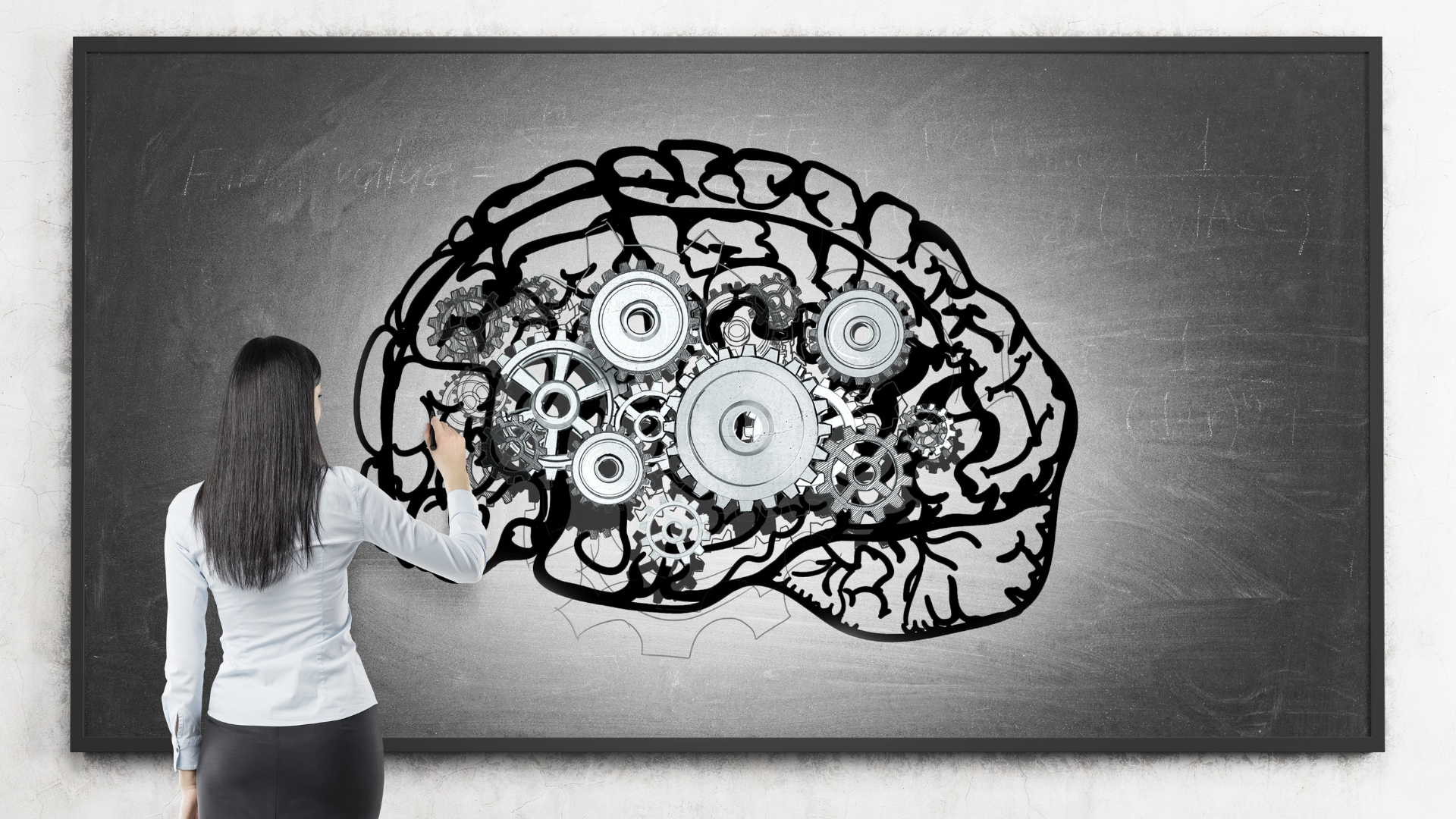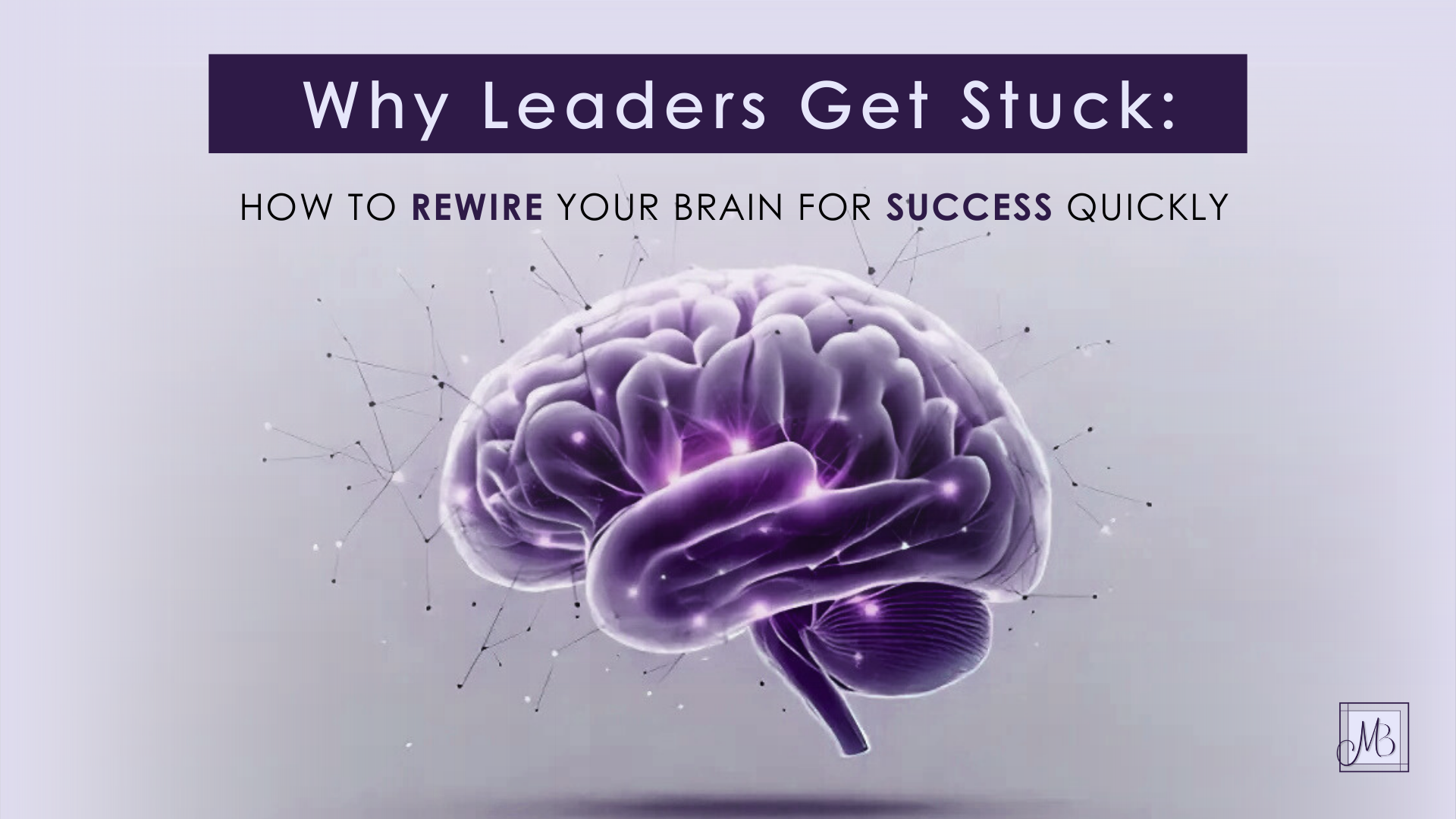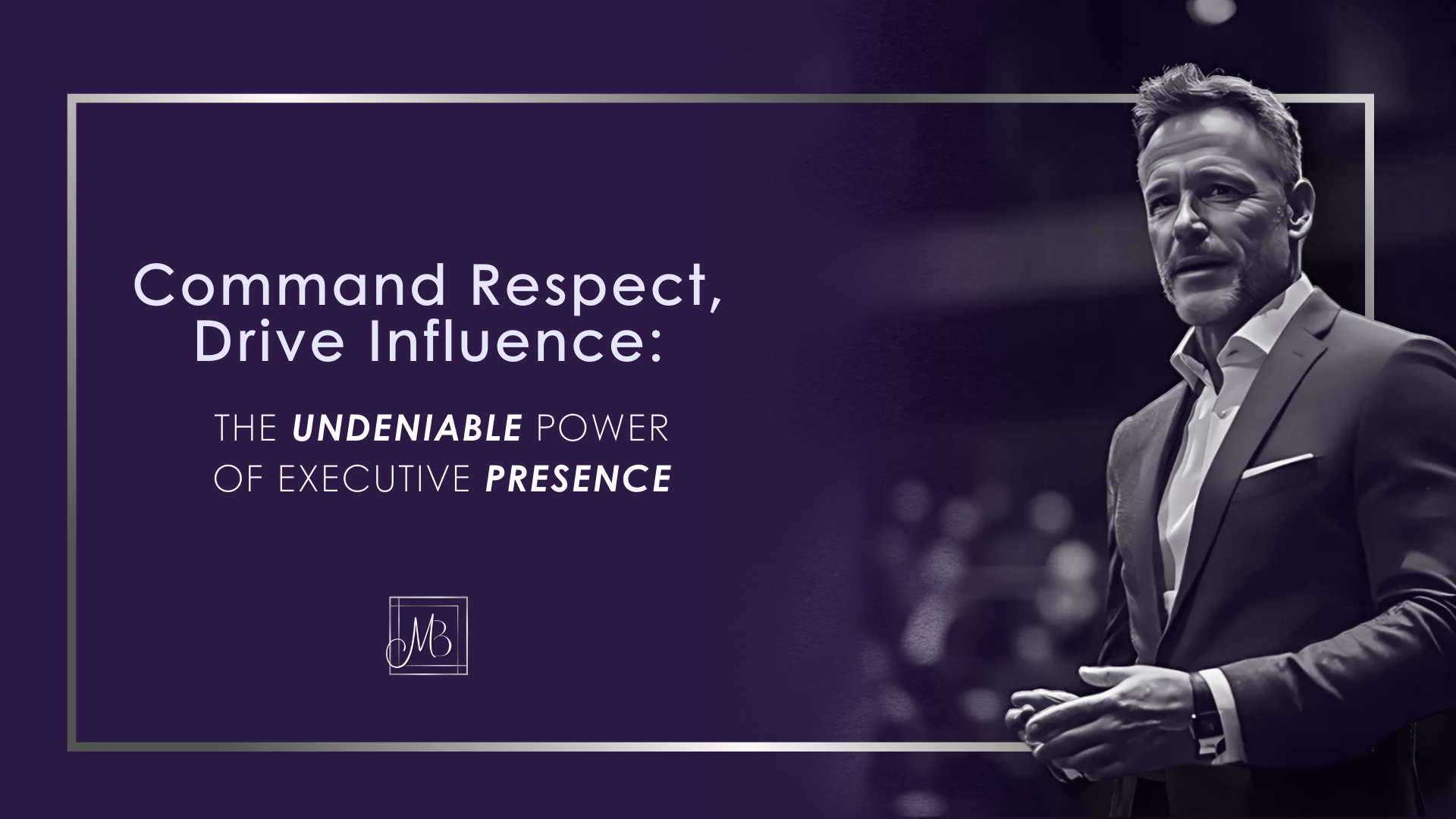Emotional intelligence (EI) is crucial for effective leadership in today’s rapidly evolving and intricate business landscape. By understanding and harnessing EI, executives can significantly boost organizational performance and cultivate a more emotionally intelligent leadership team, particularly among their direct-level reports. An executive coach can dramatically accelerate this process, providing customized guidance and feedback to help leaders quickly enhance their EI.
Emotional intelligence involves comprehending and managing one’s emotions and those of others. It allows leaders to balance the conflicting demands of being likable and correct. By fostering EI, leaders can create more harmonious and productive workplaces, enhance decision-making, and improve interpersonal relationships.
Understanding Emotional Intelligence
Emotional intelligence consists of several key components:
- Self-awareness: Recognizing and understanding one’s emotions and their effects on others.
- Self-Regulation: Controlling or redirecting disruptive emotions and impulses and adapting to changing circumstances.
- Motivation: A passion for work beyond financial gain and social status, fueled by internal aspirations and dedication to objectives.
- Empathy: Understanding the emotional makeup of others and treating them accordingly.
- Social Skills: Proficiency in managing relationships, building networks, and navigating social complexities.
An executive coach can assist leaders in developing these components by providing personalized strategies and feedback, ensuring a more effective and tailored growth process.
The Role of EI in Leadership Effectiveness
Leaders with high emotional intelligence can inspire and motivate their teams, create a positive work environment, and effectively manage stress and conflict. They understand their employees’ needs and feelings, which enables them to communicate more effectively and foster strong, collaborative relationships.
Working with an executive coach can help gain deeper insights into their emotional intelligence strengths and areas for improvement, allowing them to refine their skills and enhance their leadership effectiveness.
Techniques for Improving Self-Awareness
- Self-awareness is the foundation of emotional intelligence. Here are some techniques for enhancing self-awareness among leaders:
- Reflective Journaling: Encourage leaders to maintain journals reflecting daily experiences and emotions. This practice can help them recognize patterns in their behavior and understand their emotional triggers.
- Feedback from Peers and Subordinates: Create a culture of open and constructive feedback. 360-degree feedback can give leaders valuable insights into how others perceive their actions and emotions.
- Mindfulness and Meditation: These practices can help leaders stay present and more attuned to their emotional states.
An executive coach can facilitate these techniques by offering structured exercises, interpreting feedback, and guiding mindfulness practices, making the process more effective and targeted.
The Impact of Self-Awareness on Decision-Making and Interpersonal Relationships
Self-aware leaders can make decisions that are both logical and emotionally informed. They understand how emotions influence their thinking and behavior, helping them avoid impulsive reactions and make more balanced decisions. Furthermore, self-awareness enhances interpersonal relationships by enabling leaders to empathize better and understand their team members.
An executive coach can help leaders identify emotional patterns and provide strategies for managing them, improving decision-making and relationship-building.
Strategies for Cultivating Empathy Within a Team
Empathy is crucial for effective leadership as it helps leaders understand and address the concerns and motivations of their team members. Here are some strategies to cultivate empathy:
- Active Listening: Train leaders to practice active listening by entirely focusing on the speaker, understanding their message, responding thoughtfully, and withholding judgment.
- Perspective-Taking: Encourage leaders to put themselves in their team members’ shoes, helping them understand their viewpoints and experiences.
- Regular One-on-One Meetings: Foster a culture where leaders regularly interact with their team members to build deeper relationships and understanding.
An executive coach can help executives with strategies for their teams by providing role-playing scenarios, feedback on their listening and perspective-taking skills, and guidance on conducting effective one-on-one meetings.
Importance of Social Skills in Managing Team Dynamics and Fostering Collaboration
The significance of social skills in managing team dynamics and fostering collaboration cannot be overstated. Leaders with strong social skills can:
- Build Strong Relationships: Develop trust and rapport with team members, vital for a cohesive team environment.
- Resolve Conflicts: Use effective communication and negotiation skills to resolve disputes and foster a collaborative atmosphere.
- Inspire and Motivate: Identify the tactics that can be utilized to inspire and motivate. Are they external or internal? Leverage social skills to apply strategies to execute on those that have the most significant impact.
An executive coach can help hone these social skills by offering personalized feedback, communication techniques, and conflict-resolution strategies. This ensures leaders can effectively manage team dynamics.
Real-World Examples of Leaders Who Successfully Apply EI
Satya Nadella, Microsoft’s CEO: Nadella’s emphasis on empathy has transformed Microsoft’s culture, making it more inclusive and innovative. His ability to listen to and understand the needs of his employees and customers has been crucial to Microsoft’s recent successes.
Indra Nooyi, Former CEO of PepsiCo: Known for her empathetic leadership style, Nooyi’s focus on understanding and addressing the needs of her employees helped foster a loyal and motivated workforce. Her leadership was instrumental in driving PepsiCo’s growth and sustainability initiatives.
An executive coach can help leaders learn from these examples and apply similar emotional intelligence strategies within their organizations.
How EI Can Help in Resolving Conflicts and Managing Stress
High EI leaders can navigate conflicts and manage stress. Here’s how:
- Conflict Resolution: By identifying the emotions and perspectives of all parties, emotionally intelligent leaders can mediate conflicts more effectively and find solutions that satisfy everyone’s needs.
- Stress Management: EI helps leaders recognize their triggers and provide strategies to manage emotional responses, maintaining their composure and effectiveness even in high-pressure situations.
An executive coach can provide tools and techniques for conflict resolution and stress management, ensuring leaders are well-equipped to handle challenging situations.
Conclusion
Investing in the development of emotional intelligence is crucial for leaders aspiring to excel in today’s dynamic business environment. By fostering EI among their VP-level reports, executives can enhance their leadership team’s ability to navigate challenges, build stronger relationships, and drive organizational success.
Engaging an executive coach can be a decisive step toward personal growth and self-improvement for leaders seeking to develop their emotional intelligence. Coaches offer personalized guidance and feedback, assisting leaders in focusing on areas of improvement and strategies for improvement, enhancing their EI more rapidly.





















